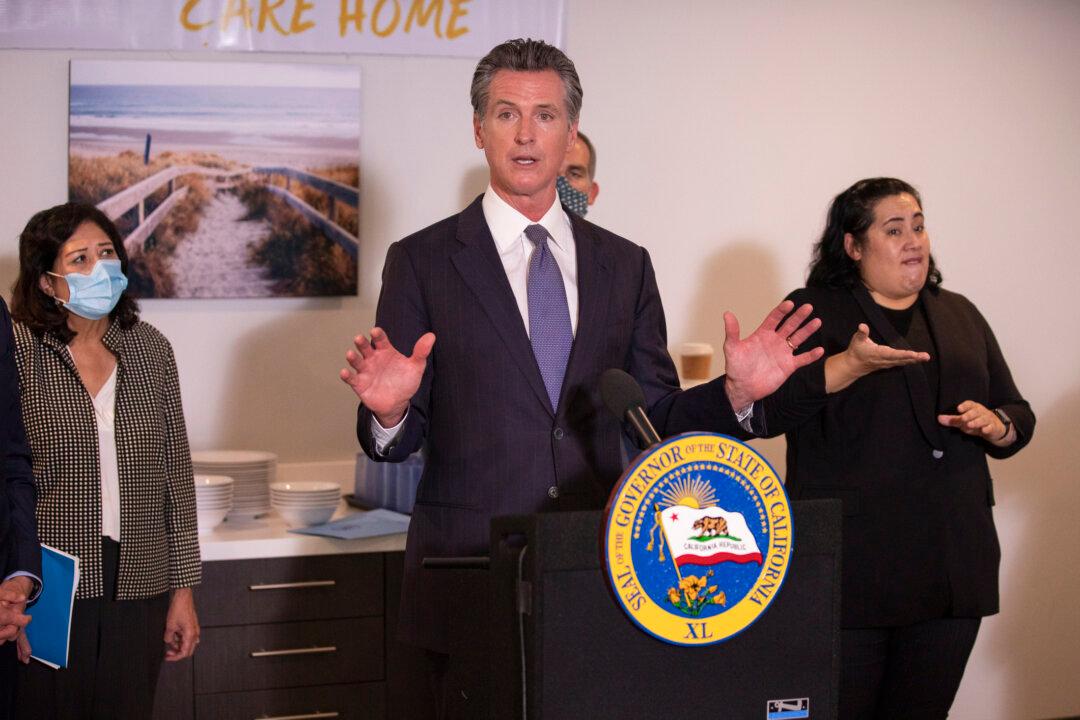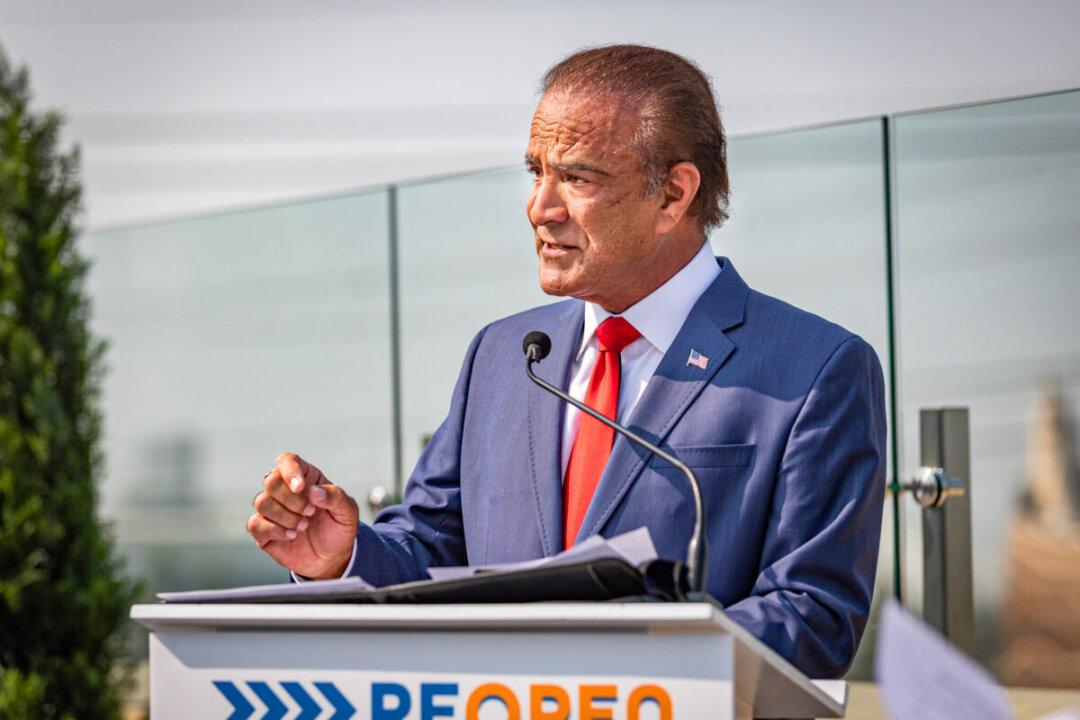California Gov. Gavin Newsom ended mandatory minimum jail sentences for nonviolent drug offenses on Oct. 5, but a recovery advocate foresees an increase in drug deaths and crime ahead.
Senate Bill 73, authored by state Sen. Scott Wiener, a Democrat, prohibits the probations or suspension of sentencing for a person who commits a drug offense. The legislation includes the sale of 14.25 grams of heroin or other illegal drugs and forging or altering prescriptions.




